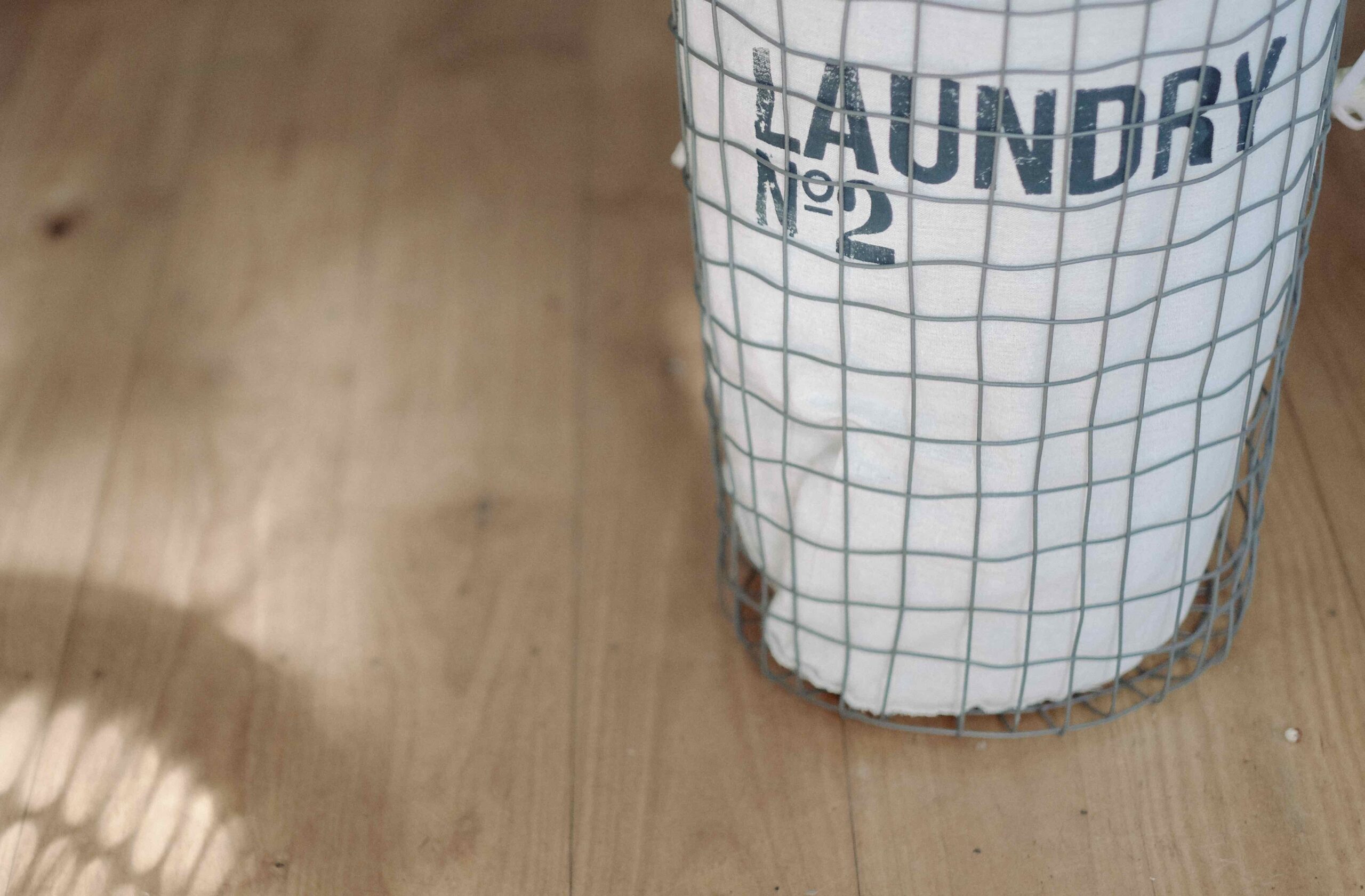In the past, children fulfilled a significant role in their family’s survival.
Before supermarkets, pizza delivery, washing machines and dryers and today’s “smart” appliances, families were burdened with a tremendous amount of work. Food had to be prepared from scratch. Clothes had to be handmade. Wood had to be chopped, and crops had to be tended. Just washing the family’s clothes was an all-day affair — and often away from home. The extent and effort required was more than parents could accomplish. Children were needed to keep the family going — and the enormity of the responsibility forced them to grow up quickly.
In today’s world, kids aren’t needed for family preservation. They have significantly lower levels of maturity and senses of responsibility compared to earlier generations. Children now spend much of their time uninvolved in family activity. They are instead engaged in sports, lessons, the Internet, video games and TV and in chatting with peers. They have become “me-directed” rather than “us-directed.”
One good way to bring them back to the family center — where they can increase self-confidence, internalize values, and become cooperative with family members — is to have children do chores. Parents who do not have their children do chores are missing an opportunity for character-building. There are three valuable benefits:
1. Chores build responsibility. One of a parent’s biggest jobs is to prepare children for the real world. So, children need to be held accountable. By the time they reach their later teens, they should be well on their way to having the skills to assume responsibility and function independently. They should be able to wash their own clothes, prepare meals, manage money and be responsible for the consequences of their actions.
2. Chores strengthen moral development. Chores teach family beliefs and values. By doing them, children learn how to be cooperative, considerate and contributing members of the family. They learn that everyone pulls their weight and does their fair share. This promotes reciprocity, a sense of belonging and good citizenship.
3. Chores enhance self-esteem. Positive self-esteem is one of the most important factors for success in life. Doing chores well creates feelings of accomplishment. When children know their efforts are regarded with value, their feelings of self-esteem grow, and they see how their contributions directly affect their family’s well-being. Praise for a job well done helps children feel valuable and worthwhile.
Tips for successfully using chores
Start early. Even a 3-year-old can pick up her toys or clean a tabletop.
Make chores age-appropriate. Activities must match a child’s chronological, social and emotional age. Be sensitive to the amount of guidance and external structure your child needs to complete a task.
Provide guidance and structure. First, explain what you want done. Next, demonstrate the chore step-by-step. Children learn best when they’re shown, not just told. Third, have children try things for themselves — and praise a job well done.
Do not pay for chores. Chores are done to be part of the family. Paying for their completion sends the wrong message. It teaches children that they do not have to contribute to the family unless there is something in it for them. Allowance should not be tied to chores.
Be a good role model. When you do chores with a positive attitude, your child will likely do the same. Teach that a person’s attitude while doing chores is just as important as the chore itself.
Focus on the positive. Rather than emphasizing what has been done wrong, reinforce what was done right. For example, first thank your child for cleaning up his Crayons rather than criticizing him for missing a few.
Accept a work in progress. Learning and change take time. Aim for small improvements. Value slow and steady.
Show appreciation. Positive feedback for a good job reinforces good behavior. Remember to make your praise specific rather than giving general praise.
Post chores. Place a list in a prominent location. Include a description of what is to be done, which family member is responsible and the schedule for completion. Children will know what is expected of them.
Make chores a relationship-building experience. Communicating about chores is an opportunity for your to learn more about your child. They provide an opportunity for positive change and connection. Consider them teaching moments and times to share stories that help your child internalize your family’s values and work ethic.
Adapt the structure to the needs of your child. Younger and more resistant children need additional structure, while children who are more responsible and mature can handle more flexibility.


